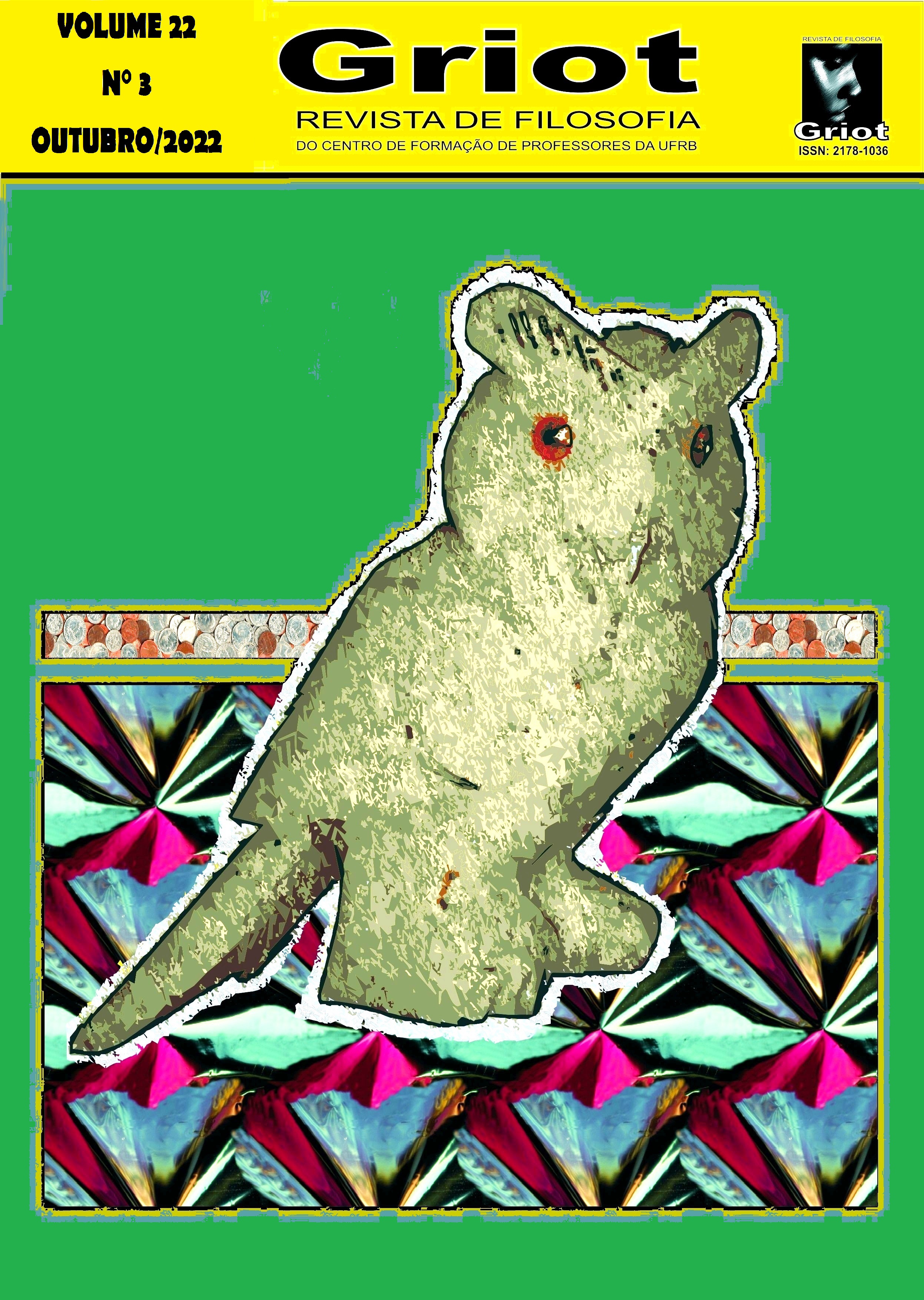“Why look at animals?” Ethic of otherness and animality in John Berger
DOI:
https://doi.org/10.31977/grirfi.v22i3.3017Keywords:
Animal ethics; Metaphor; Otherness; Confinement.Abstract
This paper propose a reading and application of the homo sacer metaphysical concept, central to the Giorgio Agamben In his text Why Look at Animals? John Berger comments on how the animal metaphor was an indispensable resource for revealing a closeness between species, and that without the example of animals it would be unlikely, for example, to describe events such as those narrated by Homer in The Iliad. The correlation between similar and heterogeneous lives allowed human beings, inspired by animals, to provide answers to the first questions. It is reasonable to say that the first metaphor was that of the animal, as a way of sharing the world that was both common and different to them. But our relationship with non-human animals also contains contradictions; the creation of the zoo represented the raising of a monument to the impossibility of any reunion with animality. Instead of being liberated, animals were captured by other political categories. For John Berger the ambiguities remain "They are the objects of our ever-increasing knowledge. What we know about them is an index of our power, and so is an index of what separates us from them. The more we know, the more distant they become."
Downloads
References
BERGER, John. Por que olhar os animais? In: BERGER, John. Sobre o olhar. Trad. Lya Luft. Barcelona, Gustavo Gili, 2003.
BERGER, John. Animais como metáfora. Suplemento Literário de Minas Gerais, Belo Horizonte, 2010.
COETZEE, J.M. A vida dos animais. Trad. José Rubens Siqueira; introdução e organização de Amy Gutmann - São Paulo: Companhia das letras, 2002.
DANOWSKI, Déborah. Há um mundo por vir? Ensaio sobre os medos e os fins / Déborah Danowski, Eduardo Viveiros de Castro. - Desterro [Florianópolis]: Cultura e Barbárie: Instituto Socioambiental, 2014
DERRIDA, Jacques. O animal que logo sou (A seguir) / Jacques Derrida; tradução Fábio Landa . - São Paulo: Editora UNESP, 2002.
DERRIDA, Jacques. ROUDINESCO, Elisabeth. Violências contra os Animais. De que amanhã...Diálogos.Tradução: André Telles. Rio de Janeiro: Jorge Zahar Editor, 2004. Cap.5, p.80-96.
FRANCIONE, Gary. Introdução aos direitos animais. São Paulo, Editora Unicamp, 2014.
MACIEL, E. M. Zoopoéticas Contemporânea. link: http://revistas.iel.unicamp.br/index.php/remate/article/viewFile/3335/2811.
MASSUMI, Brian. O que os animais nos ensinam sobre política.Trad. Francisco Trento, Fernanda Mello, São Paulo, n-1 edições , 2017
PAIXÃO, R. L. Sob o olhar do outro. Derrida e o discurso da ética animal. Sapere Aude – Belo Horizonte, v.4 - n.7, p.272-283 – 1º sem. 2013
PRECIADO, Paul. B. O feminismo não é um humanismo. https://www20.opovo.com.br/app/colunas/filosofiapop/2014/11/24/noticiasfilosofiapop,3352134/o-feminismo-nao-e-um-humanismo.shtml
VELOSO, Caetano. Versos da canção O império da lei. Álbum Abraçaço (2012).
Downloads
Published
How to Cite
Issue
Section
License
Copyright (c) 2022 Mateus Uchôa

This work is licensed under a Creative Commons Attribution 4.0 International License.
The authors who publish in Griot: Revista de Filosofia maintain the copyright and grant the magazine the right of first publication, with the work simultaneously licensed under the Creative Commons Attribution 4.0 International License, allowing sharing and adaptation, even for commercial purposes, with due recognition of authorship and initial publication in this journal. Read more...









































































